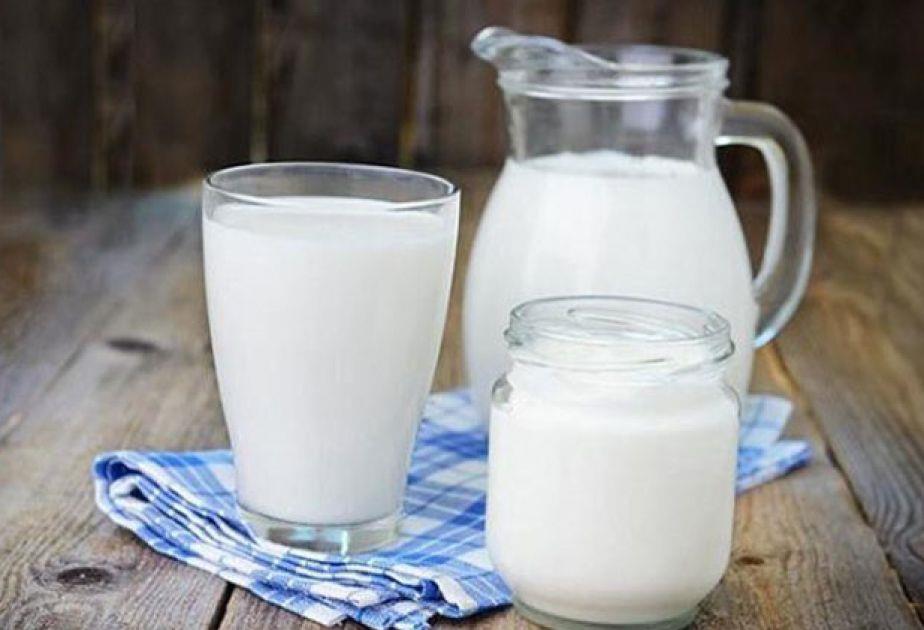
Soaring Temperatures Drive Surge In Global Milk Prices
Milk is becoming increasingly scarce worldwide-not due to the growing popularity of plant-based alternatives, but for a much more concerning reason: climate change is undermining the foundations of dairy farming. Rising temperatures and heightened humidity levels are causing heat stress in cows, which leads to reduced productivity, poorer animal health, and threatens the long-term sustainability of the industry, Azernews reports.
Scientists warn that extreme heat can reduce milk production by up to 10%, even with the use of modern cooling systems like fans and water sprayers. The effects aren't just limited to the heatwaves themselves; it can take more than 10 days for milk production to return to normal after a hot spell. If high temperatures persist for more than a week, losses can exceed 25%.
The primary impact is felt by cows at the beginning of their lactation cycle, particularly high-producing breeds-those from which farmers expect the most milk. This raises serious questions about the sustainability of modern dairy systems that were designed for stable climates with moderate temperatures. The efficiency of these systems is now being severely challenged by the increasingly unpredictable climate.
Although cooling technologies can help mitigate some of the losses-cutting them by about half-their effectiveness diminishes as temperatures continue to rise. Moreover, many farms, particularly in hotter climates like those in Asia, Latin America, and Africa, cannot afford such expensive climate control systems. This makes the global dairy industry particularly vulnerable to the growing frequency of heatwaves.
If no significant action is taken, global milk production could decrease by up to 4% by mid-century. Countries like India, Pakistan, and Brazil-some of the largest producers-are at particular risk as heatwaves become more prolonged and intense. Even nations with more temperate climates, such as the United States and China, are not immune to the losses.
As farmers adapt by altering feeding schedules, delaying calving, and restructuring barns to better manage heat, experts are calling for broader, systemic changes. These include rethinking agricultural policies, breeding more heat-resistant cow varieties, and taking measures to reduce overall climate stress on the industry. After all, the future of the dairy sector isn't just an economic issue for farmers-it's a matter of food security for millions of people who rely on milk as a staple part of their diet.
Legal Disclaimer:
MENAFN provides the
information “as is” without warranty of any kind. We do not accept
any responsibility or liability for the accuracy, content, images,
videos, licenses, completeness, legality, or reliability of the information
contained in this article. If you have any complaints or copyright
issues related to this article, kindly contact the provider above.
Most popular stories
Market Research

- Nodepay Launches Crypto's Largest Prediction Intelligence Platform
- New Crypto Mutuum Finance (MUTM) Nears $17 Million Raised Ahead Of October
- Ethereum Startup Agoralend Opens Fresh Fundraise After Oversubscribed $300,000 Round.
- Nigel Farage To Headline At UK's Flagship Web3 Conference Zebu Live 2025
- Barunson, Studio Behind Parasite, To Launch Nplug IP Remixing Platform On Story And Bring Flagship IP Onchain
- Solo Leveling Levels Up: Korean Billion-Dollar Megafranchise Goes Onchain With Story



















Comments
No comment